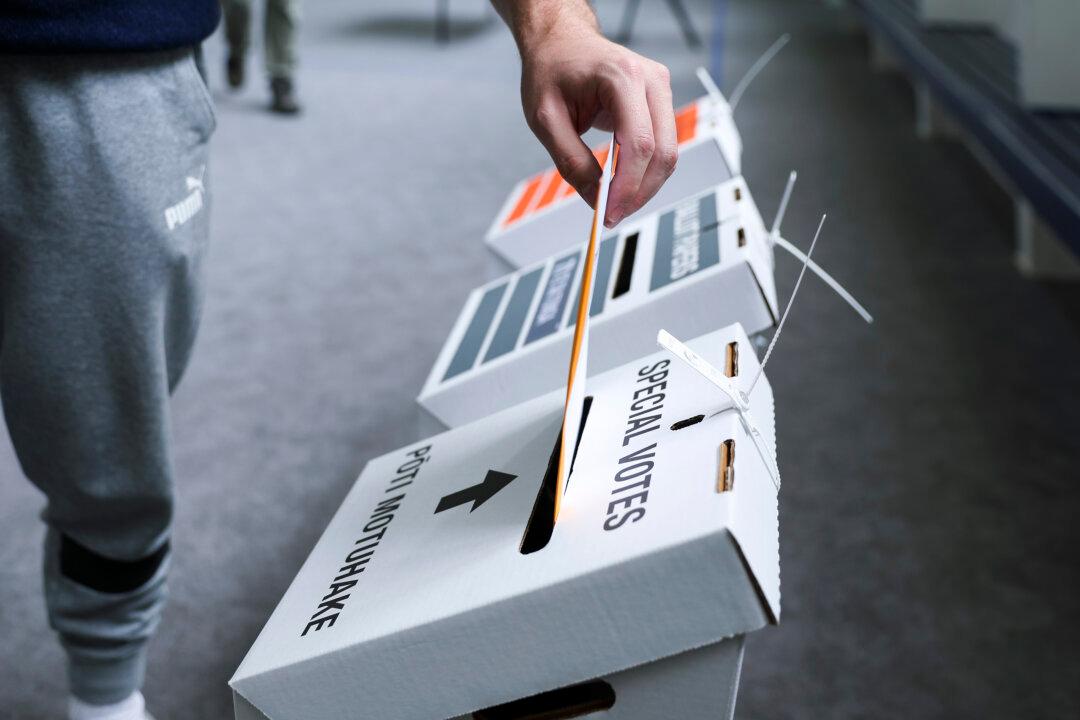Local government elections will continue to be decided by those 18 years or over, after the new tri-party New Zealand government axed an Ardern-era initiative to drop the voting age.
Local Government Minister Simeon Brown told the media last week the government did not support the Electoral (Lowering Voting Age for Local Elections and Polls) Legislation Bill, requesting the Justice Committee to end consideration of it.





